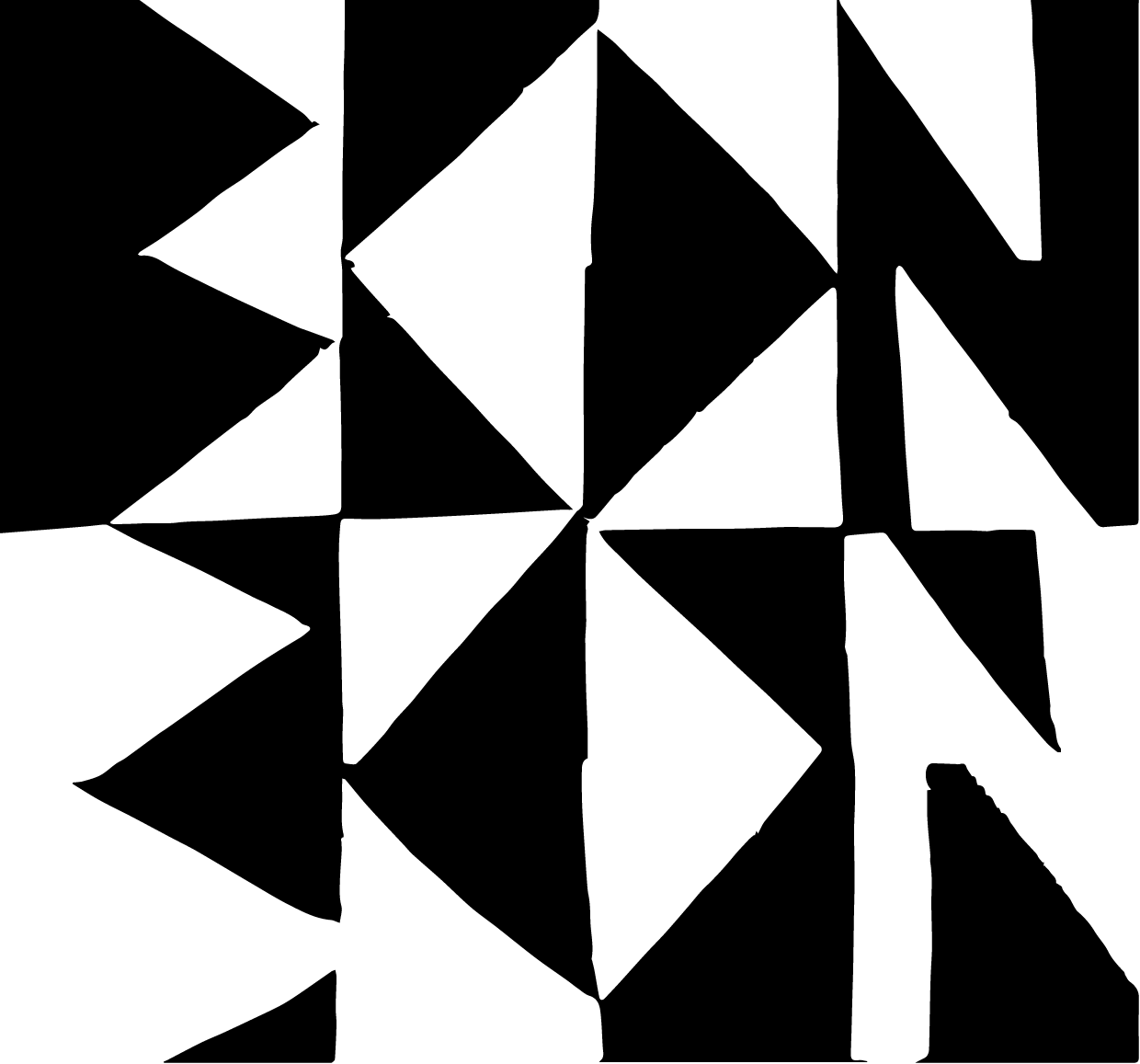tangle (n.)
1610s, “a tangled condition, a snarl of threads,” from tangle (v.).
tangle (v.)
mid-14c., nasalized variant of tagilen “to involve in a difficult situation, entangle,” from a Scandinavian source (compare dialectal Swedish taggla “to disorder,” Old Norse þongull “seaweed”), from Proto-Germanic *thangul- (source also of Frisian tung, Dutch tang, German Tang “seaweed”); thus the original sense of the root evidently was “seaweed” as something that entangles (itself, or oars, or fishes, or nets). In reference to material things, from c. 1500.
entangle (v.t )
to twist into a tangle, or so as not to be easily separated: to involve in complications: to perplex: to ensnare
http://www.finedictionary.com/entangle.html
The word “entanglement” carries an ancient meaning conveying a sense of getting completely ensnared in seaweed and the chaos that this creates for humans and other creatures. This is a good metaphor for how we are wrapped up in the world with more-than-humans and animated processes. How can you give your attention to your entanglement? What does it mean to consider and commune with the trillions of microbes in your gut flora blurring any lines or ideas that you are a coherent whole independent from other creatures? How do you begin to contemplate your deep grandmothers—thousands of generations of people who shaped you through their life decisions, migration, food choices, adaptation to their habitats, and other aspects of their lives? The water that flows near your house in rural or urban watersheds has traveled the entire planet for billions of years; what memories does it hold? How do you immerse yourself in these questions and revelations that they may offer? You are connected to these things, but have not participated in a culture that communes with them and helps you explore your entanglement with them.
People in industrialized societies, living in hardened landscapes and a petroleum induced space/time continuum, are largely cut off from their evolutionary inheritance and have had their mental and perceptual capacities for engaging and understanding the world severely restricted by these conditions. Couple this with an increasingly limited access to wild spaces particularly in dense urban centers where there is the pervasive lack of biodiverse, interconnected, wild land. The built environment—and the built self it shapes—are produced through processes primarily driven by the presence of petroleum and other fossil fuels in all aspects of your life. This leads to a sense of self best referred to as petro-subjectivity.
Humans evolved over millennia immersed in their ecological entanglements without the conception of a “nature vs. culture” divide. Becoming more porous and permeable to the subtle qualities of the world and things you are currently participating in, particularly in the wild spaces of your land-base and bioregion, is what this publication and others in this series advocate for. What this means is developing the tools, skills, habits, rituals, awareness, and utilization of the ancient evolutionary ancestors held in the vestiges of your person, that can make you aware of the degree to which you are able to engage your own wild capacities in communion with more-than-human wild.
